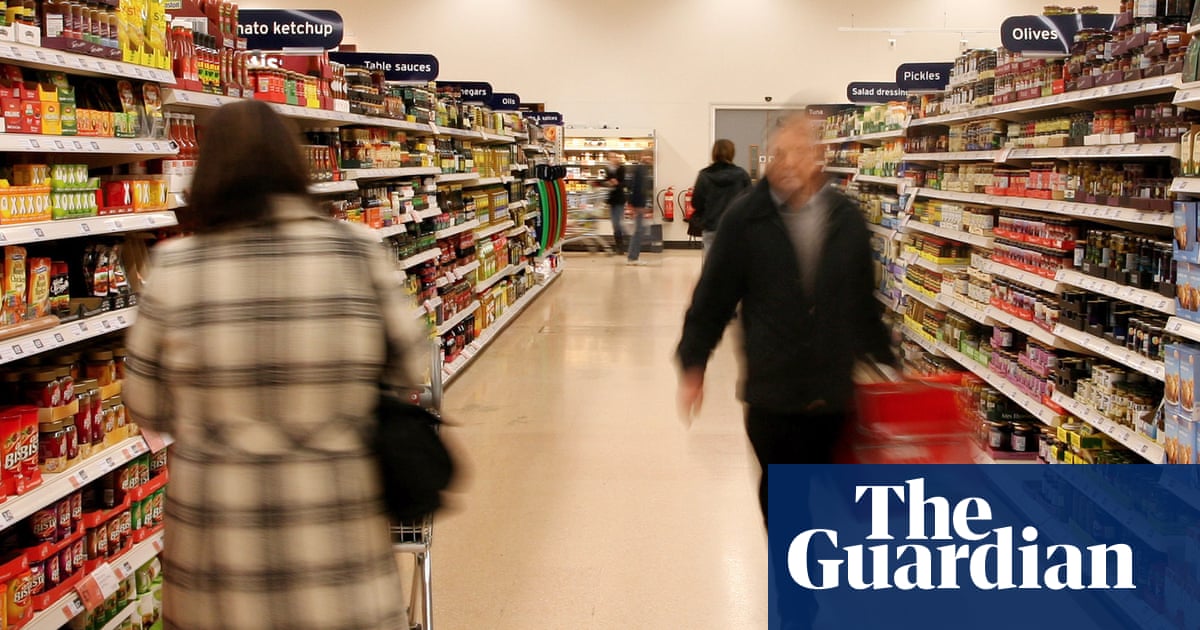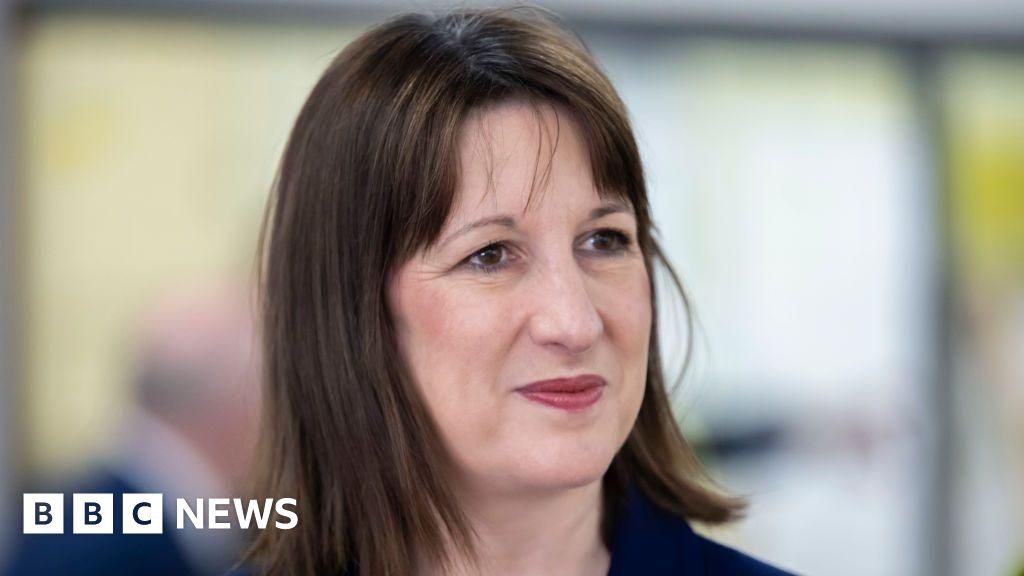- Elon Musk Challenges Wikipedia With His Own A.I. Encyclopedia The New York Times
- Elon Musk briefly launches a Wikipedia rival that extols his own ‘vision’ The Washington Post
- GROKIPEDIA V0.1 GOES LIVE WITH ELON FRONT AND CENTER Grokipedia v0.1 is here and it looks stunning. The dark interface feels clean, sharp, and built for speed. It already hosts 885,279 articles with full search, references, and edit history options, no X
- Elon Musk’s Grokipedia postponed to weed out propaganda Cybernews
- Elon Musk launched an early version of Grokipedia, an online encyclopedia written by AI that the billionaire is touting as a less biased alternative to Wikipedia. When it first went live, it appeared significantly smaller, more opaque in its workings — and more rig Facebook
Blog
-
Elon Musk Challenges Wikipedia With His Own A.I. Encyclopedia – The New York Times
-

Shrinkflation hits everyday staples, piling more pressure on households | Supermarkets
Toothpaste, coffee and even heartburn medicine are among the latest products quietly shrinking in size while shoppers pay the same price, piling more pressure on household grocery budgets.
Consumer watchdog Which? found a range of new examples of shrinkflation as brands cut back on quantity and quality in an effort to reduce their own costs.
One of the worst instances was Aquafresh complete care original toothpaste, which went from £1.30 for 100ml to £2 for 75ml at Tesco, Sainsbury’s and Ocado – a 105% increase per 100ml.
Haleon Great Britain and Ireland, which owns the Aquafresh brand, told the Guardian: “We understand that people across the UK are facing pressure on their finances. Prices go up and down for a variety of reasons, and we always work hard for people to receive the highest quality products at the lowest price so that the whole family can take care of their teeth.”
Gaviscon heartburn and indigestion liquid shrank from 600ml to 500ml, with Sainsbury’s keeping the price at £14 – equivalent to a 20% increase per 100ml. They did not respond to a request for comment.
Nescafé original instant coffee was cut from 200g to 190g at Tesco, Morrisons and Asda – about a 5% rise per 100g. A Nestlé spokesperson said: “Like every manufacturer, we have seen significant increases in the cost of coffee, making it much more expensive to manufacture our products … Retail pricing is always at the discretion of individual retailers.”
Chocolate has also been hit by rising cocoa prices, with Quality Street tubs reduced from 600g to 550g and prices at Morrisons increasing from £6 to £7 – a 27% rise per 100g. Club and Penguin biscuits, both made by McVitie’s, can no longer be described as chocolate biscuits, as they now contain more palm oil and shea oil than cocoa, a change first reported by trade journal The Grocer.
Which? said any changes, whether to product size or recipe, should be made clear so that shoppers can make informed choices.
Reena Sewraz, retail editor at the watchdog, said: “Households are already under immense financial pressure with food bills inching up and the expense of Christmas looming on the horizon … Supermarkets must be more upfront about their prices so that it’s easy to see what the best value is.
“This includes ensuring that their unit pricing is prominent, legible and consistent in-store and online to help customers easily compare costs across different brands and sizes of packaging; that way shoppers can be more confident they’re getting the best value.”
Hopes that the pressure on households may be easing came from news that UK shop price inflation fell to 1% in October from 1.4% in September, according to the British Retail Consortium, helped by a drop in sugar prices and early Black Friday discounts on electrical and beauty goods.
The drop was led by packaged and tinned foods, where inflation eased to 2.9% in October from 4.2% the previous month. Non-food prices fell by 0.4%, compared to the previous month’s 0.1% decrease, according to the latest shop price monitor from the BRC and research firm NIQ. These shifts offset a rise in fresh food inflation, which increased to 4.3% from 4.1% as prices for beef, poultry and fruit climbed in response to higher domestic production costs.
Helen Dickinson, the chief executive of the BRC, said: “Overall shop price inflation slowed in October, driven by fierce competition among retailers and widespread discounting. While food inflation remains high, especially for fresh food where prices continued to rise, it eased for ambient goods.
“Easing global sugar prices helped to bring down prices of chocolate and confectionery, a treat for those preparing Halloween parties. Beyond food, discounts came early to electricals and health and beauty, as retailers started promotions ahead of Black Friday month.”
Continue Reading
-

Picture of health: going to art galleries can improve wellbeing, study reveals | Health
Enjoying original works of art in a gallery can relieve stress, reduce the risk of heart disease and boost your immune system, according to the first study of its kind.
Researchers measured the physiological responses of participants while viewing…
Continue Reading
-

Coronal Mass Ejections At Dawn Of Solar System
Kyoto, Japan — Down here on Earth we don’t usually notice, but the Sun is frequently ejecting huge masses of plasma into space. These are called coronal mass ejections (CMEs). They often occur together with sudden brightenings called…
Continue Reading
-

Onward Therapeutics Exercises Exclusive Option and Signs Worldwide License Agreement with Institut du Cancer de Montpellier for Novel Onco-Metabolism Program
EPALINGES, Switzerland, Oct. 27, 2025 /PRNewswire/ — Onward Therapeutics SA, a clinical stage oncology company, today announced that its French subsidiary, Onward Therapeutics…
Continue Reading
-

OBR productivity forecast may add £20bn to Budget hole
The chancellor is facing a larger-than-expected gap in initial Budget numbers as a result of long-running poor productivity in the UK economy.
The downgrade to productivity performance from the government’s official forecaster could lead to a £20bn gap in the public finances on its own, the BBC understands.
The Office for Budget Responsibility (OBR) will deliver its final draft forecast, showing the output of the economy per hour worked, to the Treasury on Friday.
The Treasury declined to comment on “speculation” ahead of the OBR’s final forecast, which will be published on 26 November.
It comes as speculation is growing over what choices Chancellor Rachel Reeves will take for tax and spending in the run up to her Autumn Budget.
The OBR previously assumed a partial bounce back in productivity growth, but it has never materialised.
This productivity assumption is essential to long-term growth prospects and so, under the current system, even a fraction of a percentage point change can alter how much money a Budget needs to raise by several billion pounds.
The OBR is understood to have downgraded this by 0.3 percentage points – a figure first reported by the Financial Times – bringing its assumption closer to that of the Bank of England.
The Institute for Fiscal Studies think-tank has calculated that for every 0.1 percentage point downgrade in the productivity forecast, public sector net borrowing would increase by £7bn in 2029-30 – meaning a 0.3 point cut could add £21bn to the Budget hole.
The changes open up an initial gap of some £20bn, rather than the £10-£14bn widely anticipated.
Such a hole could be plugged by hiking taxes, reducing public spending or increasing government borrowing.
Reeves admitted on Monday to business leaders in Saudi Arabia that the OBR was “likely to downgrade productivity” which has been “very poor since the financial crisis and Brexit”.
The OBR is expected to explain the decision in detail, but some ministers have privately pointed out that if it had done this earlier, different choices could have been made at this summer’s Spending Review.
There are many other moving parts in the Budget which may lean in the other direction, such as the decline in the interest rates paid on government debt.
However, with other pressures such as the U-turns on welfare spending and a desire to rebuild a bigger buffer in the public finances, speculation is pointing towards significant tax rises including some possible breaches of manifesto commitments, points towards significant tax rises, including possible breaches of manifesto commitments like income tax.
The Treasury will inform the OBR of its first draft Budget measures next week.
Continue Reading
-

‘Impossible’ Life Found Beneath Arctic Ice Could Alter Climate Models : ScienceAlert
Scientists have discovered special life forms thriving under Arctic sea ice. Until now, their presence in these dark and frigid conditions wasn’t thought possible, and the findings could have global implications for the climate.
Nitrogen gas…
Continue Reading
-
Brendan Rodgers resigns as Celtic manager – France 24
- Brendan Rodgers resigns as Celtic manager France 24
- Celtic: Brendan Rodgers resigns as manager amid Dermot Desmond criticism; Martin O’Neill returns BBC
- Brendan Rodgers leaves Celtic Football Club Celtic FC
- Chris Sutton calls for Ange Postecoglou…
Continue Reading
-

Microsoft WSUS attacks hit ‘multiple’ orgs, Google warns • The Register
More threat intel teams are sounding the alarm about a critical Windows Server Update Services (WSUS) remote code execution vulnerability, tracked as CVE-2025-59287 and now under active exploitation, just days after Microsoft pushed an emergency…
Continue Reading
-

Trump describes Russia’s new cruise missile test as ‘not appropriate’ | Russia
Donald Trump has described Vladimir Putin’s announcement of a nuclear-powered cruise missile test as “not appropriate” amid growing tensions between Moscow and Washington.
Putin said on Sunday that Russia had successfully tested its…
Continue Reading